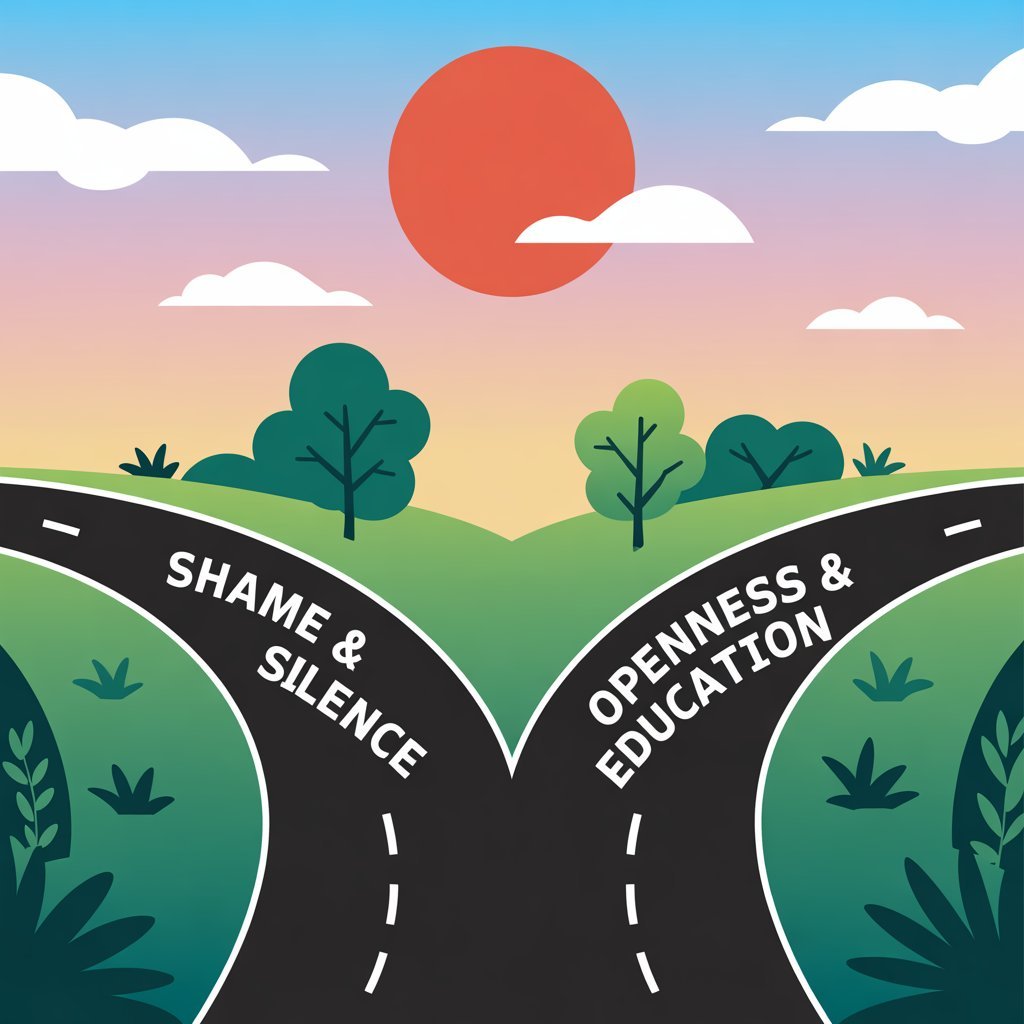Introduction: Why Dutch Sex Education Deserves America’s Attention
In the Netherlands, teenagers talk about love, relationships, and sexuality—not in shame, but with openness and curiosity. Meanwhile, in America, the topic often remains taboo, restricted to awkward school lectures or religious warnings. This contrast in how two modern societies approach sex reveals more than cultural quirks—it reflects two entirely different philosophies on human development, trust, and education.
Dutch sex education isn’t just about anatomy or abstinence. It’s about emotional intelligence, consent, and communication. And that’s precisely why America needs to pay attention.
The Dutch Sex Education Model: A Quick Overview
The Dutch model starts young—really young. Children as early as four begin to learn about love, respect, and bodily autonomy. Rather than waiting until teens are sexually active, the Dutch proactively build a foundation of trust, dialogue, and age-appropriate knowledge.
By high school, Dutch students engage in honest discussions about contraception, emotions, sexual diversity, and respect in relationships. These lessons are not fear-based, but centered on empowerment and self-worth.
- Programs like Long Live Love (Lang Leve de Liefde) integrate psychology, biology, and social context.
- Lessons focus on building healthy relationships, not preventing sin or shame.
- Teachers receive extensive training and support, which contrasts with the often underfunded and inconsistent sex ed programs across the U.S.
A 2018 UNICEF report ranked the Netherlands among the top countries for adolescent sexual health and well-being, while the U.S. continues to struggle with high teen pregnancy and STD rates.

Why American Sex Education Falls Short
Most U.S. schools still rely on abstinence-only programs, which research shows do not delay sexual activity nor increase safety. These programs often neglect:
- Emotional readiness
- Consent
- LGBTQ+ inclusion
- Pleasure, intimacy, and mutual respect
Even when sex ed is offered, it’s often inconsistent and varies wildly from state to state. In many regions, schools teach shame-based narratives that stigmatize natural curiosity or paint sexuality as dangerous, especially for young women and LGBTQ+ students.
The results are predictable:
- U.S. teens report higher rates of unintended pregnancy and STIs.
- Young people often turn to porn or peers for information, which leads to distorted views on sex and intimacy.
- Conversations about love, pleasure, or communication remain absent or awkward in many American homes and classrooms.
What Makes Dutch Sex Education So Effective?
1. Normalization, Not Sensationalism
In the Netherlands, educators treat sexuality like any other topic in life—one that deserves maturity, openness, and respect. Children don’t grow up thinking sex is a secret or shameful. Instead, they see it as a part of life that should be approached responsibly and empathetically.
2. Age-Appropriate, Cumulative Learning
Rather than a one-time “sex talk” in middle school, Dutch sex education unfolds gradually. It starts in early childhood and builds through the teen years, evolving with the student’s emotional and physical development.
3. Parental Inclusion and Support
Dutch parents are often involved and aligned with schools. Rather than seeing sex education as the school’s job alone, they view it as a shared responsibility. This unified front removes the fear and secrecy that often surround the topic in American households.
4. Empathy and Emotional Intelligence at the Center
Dutch programs emphasize respect, communication, and mutual care—all of which foster healthier romantic and sexual relationships. Teenagers learn to express boundaries and desires in ways that empower both partners.

The Results: What the Data Says About Dutch Sex Education
Dutch teens:
- Report lower rates of teen pregnancy and STIs
- Have their first sexual experience later, and when they do, it’s more likely to be wanted, consensual, and protected
- Show greater satisfaction in early relationships due to better communication
According to Rutgers (a Netherlands-based sexual health organization), over 80% of Dutch teens felt their first sexual experience was wanted, compared to just 66% of American teens.
This isn’t by accident. It’s the product of intentional, emotionally intelligent programming rooted in science—not politics or religious ideology.
How America Can Adapt Dutch Sex Education Principles
America doesn’t need to copy the Netherlands wholesale. But it can learn and adapt some of the most effective principles:
1. Start Earlier with Age-Appropriate Content
Talking to a five-year-old about bodily autonomy doesn’t mean teaching them about intercourse. It means helping them understand consent, touch, and self-respect.
2. Focus on Relationships, Not Just Risks
Include emotional education, empathy, communication, and pleasure—not just STD prevention.
3. Train Educators Thoroughly
Sex ed teachers must be prepared to handle difficult topics, answer nuanced questions, and create a safe, inclusive space.
4. Include All Genders and Orientations
Programs must be LGBTQ+ inclusive and address how different communities experience sexuality.
5. Work With, Not Against, Parents
Build tools and resources that support families in having open, honest conversations at home.
The Cultural Shift America Needs
Adopting the Dutch sex education model isn’t just about reducing teen pregnancy or STDs. It’s about creating a healthier society where individuals can:
- Navigate relationships with confidence
- Respect boundaries and diversity
- Express intimacy in safe, consensual ways
This requires a cultural transformation, not just curriculum changes. It means replacing shame with empathy, silence with dialogue, and fear with facts.

Conclusion: A Smarter, Kinder Future Starts With Better Sex Education
The U.S. has the chance to move past outdated, fear-based sex education and into a future that prioritizes understanding, well-being, and dignity. The Dutch have already modeled what’s possible—a society where young people grow up informed, safe, and self-assured.
If America wants fewer teen pregnancies, fewer STDs, and more emotionally mature adults, it must stop stigmatizing sex and start teaching it like the Dutch do—with care, courage, and connection.
Reference Links
- How Sexual Repression Is Killing American Dating
- The Real Reason Beautiful Women Stay Single
- UNICEF Report on Adolescent Wellbeing
- Rutgers International: Sex Education Research
What do you think about how sex education is handled in your community?
Leave a comment, share this post, or explore more of our content on intimacy, relationships, and emotional intelligence.
Want more insights like this? Subscribe to our newsletter and get research-backed content straight to your inbox.

